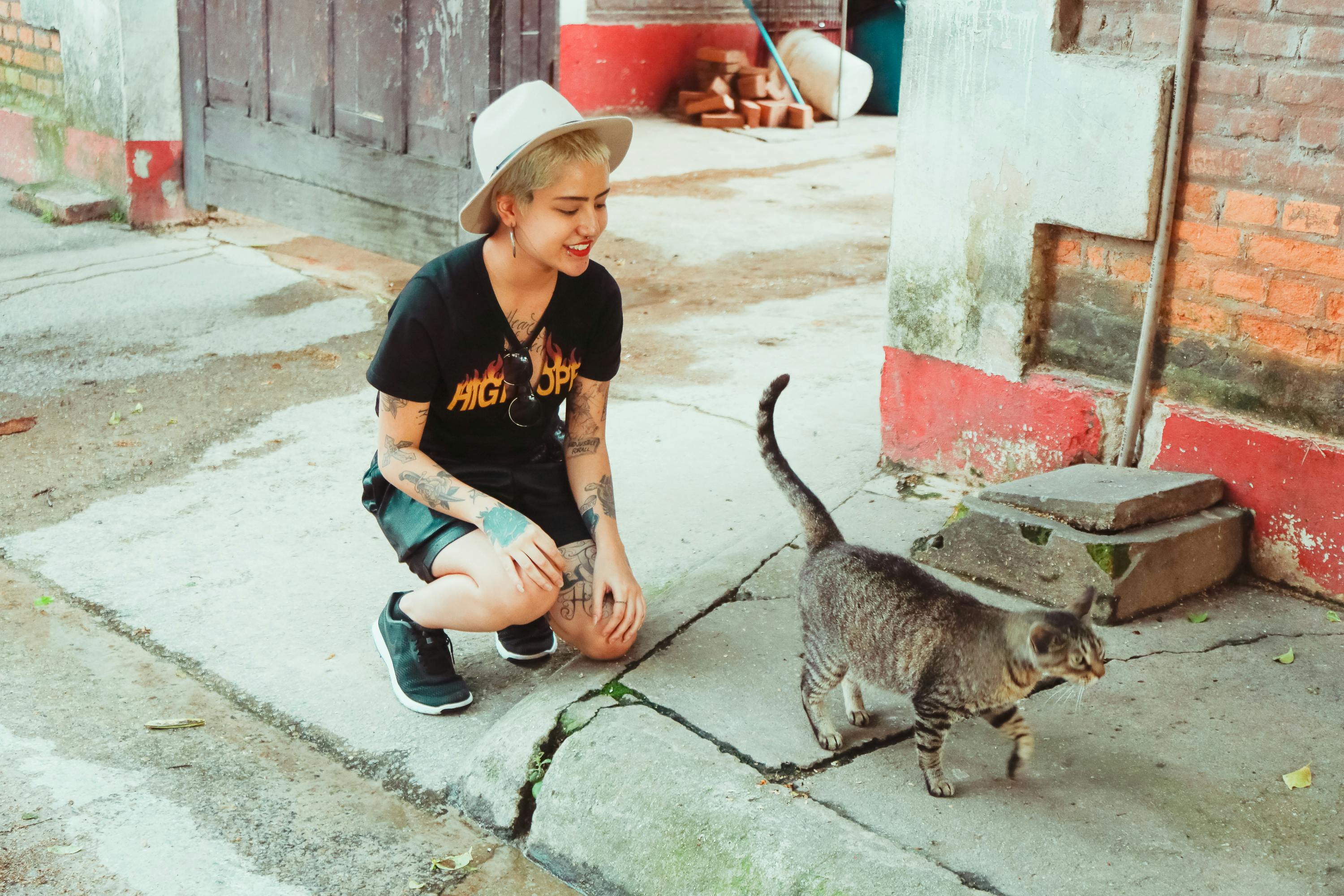
Training English Bulldogs 101
Who doesn’t love an English Bulldog puppy? The little ball of rolls that innocently sits next to you, looking at you like you’re a VIP can make anyone swoon. At times like these, your little friend looks like a stuffed animal come to life.
And then what is that smell? Where are my shoes? What is Gigi eating? And the dream is temporarily shattered by the reality that she is a breathing creature who wasn’t born perfect and didn’t come with an instruction manual. This is typically when you have to make a decision. Will I let my new little friend get away with it or will I try to train her?
Since we have established that your puppy is not perfect, it is necessary to train him. Even the best-behaved pup will need a bit of training to become a family pet that isn’t embarrassed to take you out in public. A quick internet search will yield a wealth of information on the subject, so it’s incredibly easy to get overwhelmed and give in to the cycle of yelling at your dog that you’ve now developed a taste for his shoes.
For the purposes of this and subsequent articles in this training series, we will refer to young puppies, not adult dogs. A puppy is usually ready to be weaned from his mother at eight weeks. Some animals need more time than that, but it is rarely wise to separate a pup from its mother before then. Dog trainers and behaviorists tend to be divided on recommending what age to start training puppies. One source may say start at sixteen weeks, giving your new pet time to adjust to its new home, hampered by a few rules. Another may advocate that training should begin immediately. If you’ve ever brought home a new puppy without even realizing it, you’ve probably taken the latter view. Housebreaking, instructions on which rooms are dog-friendly and which are not, feeding at a specific time, having your dog sit before eating, these are all part of the training.
Personally, I’m an advocate of starting a training program early, rather than waiting until your dog is four months or even six months old. At that time when a puppy is adjusting to his new home, he or she is forming habits. By training early, you can avoid additional complaints caused by your puppy having to “unlearn” learned behavior in its first few weeks in a new home. In this way, you are told from day one what you feel is acceptable behavior.
Small dogs, large dogs, slow or high energy dogs will respond differently to training and in some cases will need unique training. We’ll break down specifics for small and large breeds in later articles, but in general, training is necessary and you’ll eventually learn what’s best for your dog. It’s important to note that while some dogs are quick to respond and remember well, others are what might be called “headstrong.” In fact, there are dogs that feel like you’ve hit her when you reprimand her, while her sister may look at you as if to almost say, “Is that the best you can give me?”
Go ahead
Don’t give your dog a command if you don’t intend to follow it. It just creates confusion for your pup and teaches him that he doesn’t always have to do what you say. ‘Changing your mind’ is dangerous ground both during training and while you live with her. It’s not a habit you want to get into.
The three second rule
Dogs have a somewhat short attention span and live in the moment. When Gigi misbehaves, if she doesn’t catch her in the act, or better yet, right before she’s committed, if you wait to tell her off, she won’t have understood why. After the discipline never works, you will only be left with a confused animal.
Disciplining when you’re angry is a no-no.
Surely you have heard of Dog Whisperer. César Milan continually advocates being calm and assertive throughout his life and especially during training. Never punish your dog when you are angry. At best, she’ll be confused, at worst, scared. Yelling at your puppy, although it may make your dog fear you, he will not respect you.
Dogs can be distracted too
When Gigi isn’t listening to a command, take a mental step back and make sure she understands you and that nothing is stopping her from hearing you. Stress, fear, or a series of distractions could lead to her seeming disobedience and don’t necessarily mean that Gigi is ignoring you.
It is very important to realize that training is a process; one that requires time, patience, and constant repetition. Some dogs pick it up quickly and it sticks with them, others are slow and tough. Once you know what “type” your puppy is, you’ll know the best way to train him.